Fears over supermarket shortages during the early stages of the Covid-19 pandemic led many people to buy their food from local producers, raising the prospect of a transformation in the way people get their food in the future. But while eating locally and shorter supply chains are often viewed as a more sustainable alternative to our global food system, the reality is much more complicated, explains Dr Tessa Avermaete, a bioeconomist at the Katholieke Universiteit Leuven in Belgium.
What has the pandemic revealed about the way Europe gets its food?
On the consumer side there were really only a few problems with supplies in Europe. In Belgium, for example, we had some issues with yeast because suddenly everyone was at home and started baking. There were also some issues with chocolate due to the cacao supply and a specific type of olives. Not really things you need for a healthy diet.
What I think the Covid-19 crisis has shown is that actually the food supply chains are very robust. No one in Europe really went hungry because of Covid-19. But some farmers in Europe have suffered, particularly if they are exporting. In the potato sector, those exporting to China, for example, had tonnes of potatoes left. It has shown that we need to think about what happens when food supply chains are disrupted.
What have been the solutions to that?
One thing that people have talked a lot about is shorter supply chains. Certainly, during the pandemic many more people have been finding they have a local farmer or supplier out there they can buy from. This can be good for the local economy and be a way of getting healthy food. But we have to be honest – it is only a tiny part of the overall market. And it is quite likely that people will go back to their normal retailer once the crisis is over. But what I like is that it has started to get people thinking more about where their food comes from. When you look at the food system it is actually quite complex.
Is buying local always more sustainable than buying from big retailers?
It’s easy to think that doing things locally is the right solution because it might on the surface seem to have a lower (environmental) footprint and reduce the risk of disruption. But not everything can be grown everywhere. There are some regions that have the right kind of fertile land needed for arable crops while others are better suited as pasture for livestock. Some land is suitable for soy but can’t be used to grow apple trees on. It makes sense to use your land in the way it is best suited for, and this is what our global food supply chains have allowed us to do.
We did some calculations at our university that if we tried to produce the livestock we consume in Belgium completely locally, then we would need double the land we have today just to produce fodder for the animals. In many cases it is more sustainable to produce food somewhere else and import it than grow it locally. Growing something in a heated greenhouse at a local farm can require more energy than growing it somewhere with more suitable climate and importing it by boat. The same applies with water – if it is too dry where you live, it can take a lot of extra water from the environment to grow some crops.
Bad weather conditions and plant diseases, or political disruption and wars could also prevent food from being produced locally at certain times. Global trade has given us some resilience to these.
Do local food networks have any advantages?
During the TRANSMANGO project (to assess the vulnerability and resilience of Europe’s food systems) we looked at how certain alternative food networks contribute to food security. These are things like small organic farms, farmers markets, local deliveries and community supported agriculture. They have a really important social factor because they can bring together communities. But in terms of overall food availability their contribution is limited. And we also saw that many of these alternative food networks are only accessible to people in middle and high socioeconomic classes. They don’t reach out to people in the lower classes.

‘In many cases it is more sustainable to produce food somewhere else and import it than grow it locally.’
Dr Tessa Avermaete, KU Leuven, Belgium

Are there other disadvantages?
There is also an important issue when it comes to food processing. With a lot of these initiatives you get unprocessed food – people have to do a lot of preparation to be able to then eat it. That ability to prepare food is just as important as the availability itself as you can only eat food if you know how to prepare it properly. Unless you know this, you are going to be food insecure.
What do you mean by being ‘food insecure’?
It’s about food availability, but also it’s about nutritional value. If we look at a global level, we produce enough calories to feed the world. But if you look in terms of fruit and vegetables, there is still a lack. So, the problem is that we don’t have enough to feed the world in a healthy way. But that’s just one side of the story – there are so many people who are overweight and the health costs that go together with that are huge. Here in Europe it is an area that needs far more attention than malnutrition.
Are there any problems you see coming in the future?
One of the biggest challenges at the moment is the need for policies that strengthen the position of the farmer and simultaneously reduce the environmental impact of the sector. We need governments that take action based on scientific evidence, not based on beliefs or driven by electoral concerns. I have no doubt that Europe has smart and ambitious farmers, but they need to be incentivised to take actions that contribute to a more sustainable, future-proof food system. Local food networks have a part to play, but I hope we don’t lose sight of how important big producers are for food security too.
The research in this article was funded by the EU. If you liked this article, please consider sharing it on social media.
O artigo foi publicado originalmente em Horizon, the EU Research and Innovation Magazine.



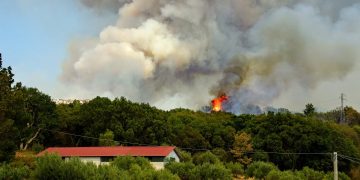
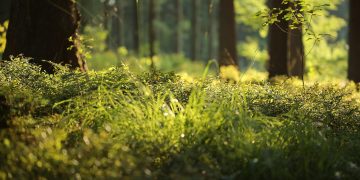
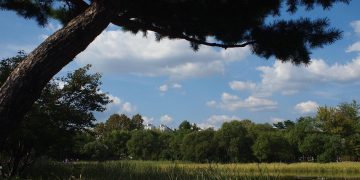
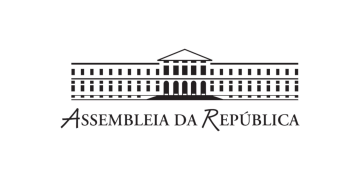
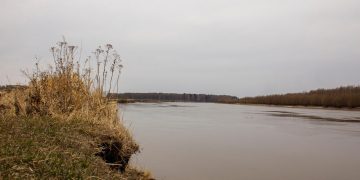
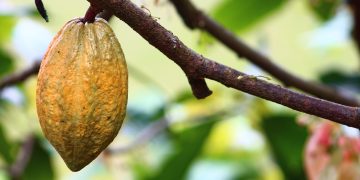







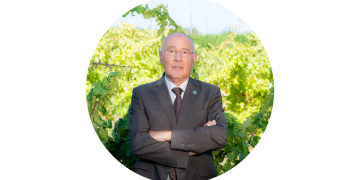





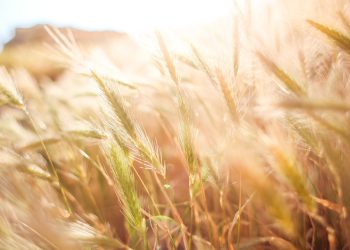
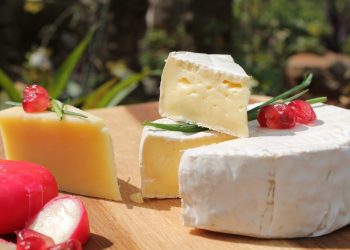
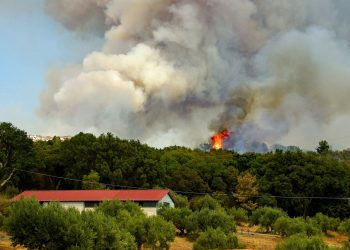






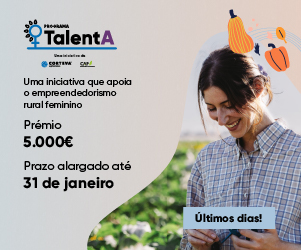

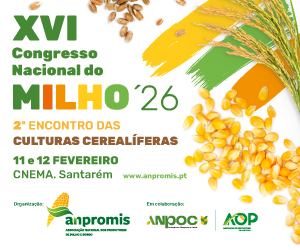












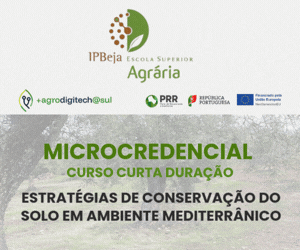









Discussão sobre este post